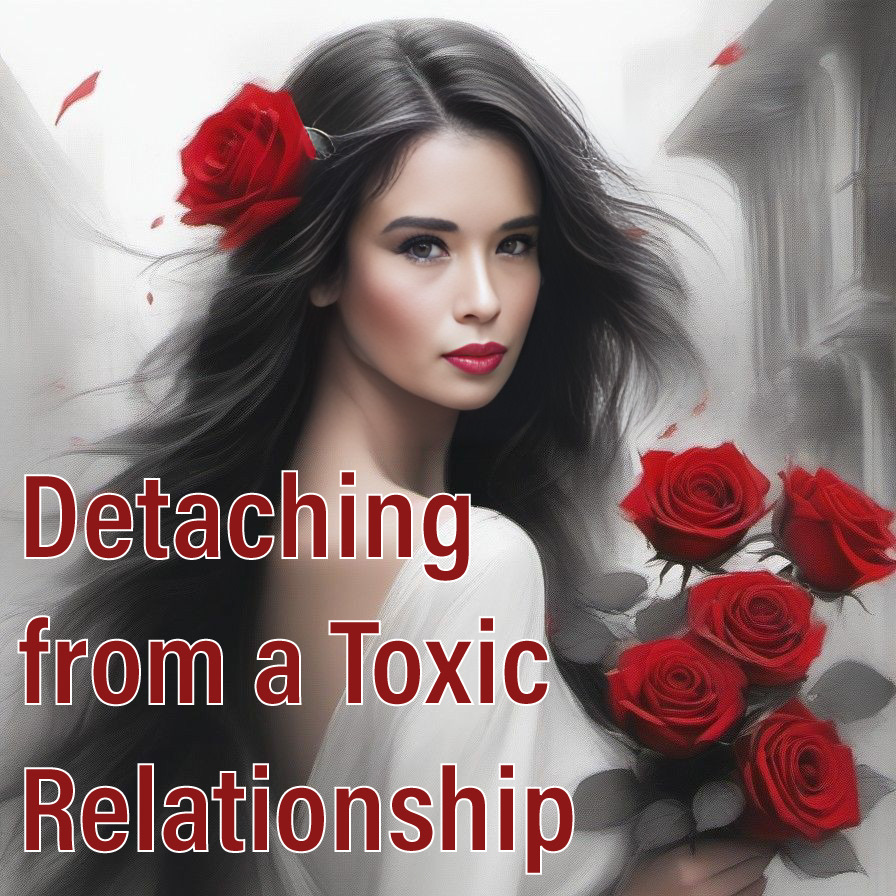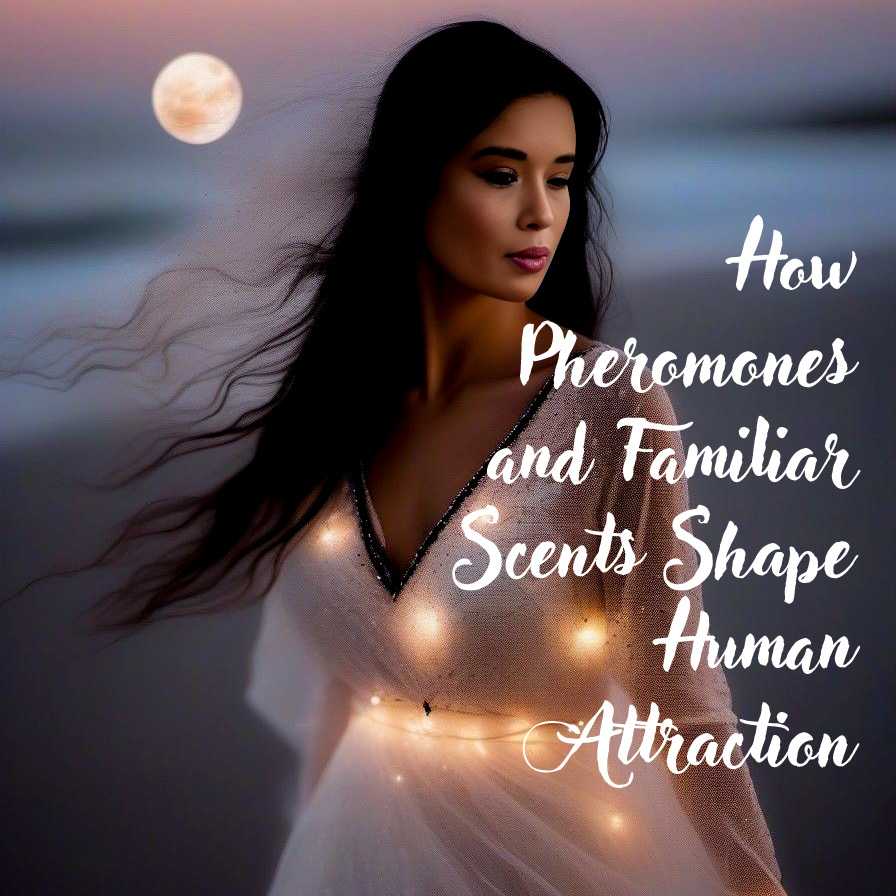In the journey of life, relationships are meant to nurture, support, and enrich our existence. However, not all relationships serve these positive purposes. Some can become toxic, draining our energy, self-esteem, and peace of mind. Detaching from a toxic relationship is often a challenging but necessary step toward healing and reclaiming control over your life. This article will explore what it means to be in a toxic relationship, the importance of detachment, and the steps you can take to free yourself from such bonds.

Understanding Toxic Relationships
A toxic relationship is one where the interactions between individuals are harmful, destructive, and emotionally draining. These relationships can occur between romantic partners, friends, family members, or even colleagues. Common characteristics of toxic relationships include:
• Manipulation: One person tries to control or influence the other through deceit or coercion.
• Lack of Support: The relationship lacks mutual respect, trust, and encouragement.
• Consistent Negativity: The relationship is dominated by criticism, hostility, or negativity.
• Emotional Abuse: This includes behaviors like gaslighting, where one person denies the other’s reality, leading to confusion and self-doubt.
• Dependency: The relationship may foster unhealthy dependency, where one or both parties are overly reliant on each other for emotional or physical needs.The Need for Detachment
Detaching from a toxic relationship is essential for your mental, emotional, and sometimes physical well-being. Staying in such a relationship can lead to long-term consequences, including anxiety, depression, and a diminished sense of self-worth. Detachment is not about abandoning responsibility or being indifferent; it’s about creating healthy boundaries, reclaiming your power, and prioritizing your well-being.
Steps to Detach from a Toxic Relationship
1. Acknowledge the Toxicity:
The first step in detaching is recognizing that the relationship is toxic. This involves honest self-reflection and sometimes accepting painful truths about someone you care about. Acknowledge how the relationship makes you feel and the negative impact it has on your life.
2. Set Boundaries:
Establish clear boundaries that protect your emotional and mental health. This might mean limiting contact, avoiding certain topics of conversation, or being firm about what behaviors you will not tolerate. Boundaries are crucial in reducing the influence the toxic person has over you.
3. Seek Support:
Detaching from a toxic relationship can be emotionally exhausting and isolating. Reach out to trusted friends, family, or a therapist who can provide support, guidance, and a safe space to express your feelings. Support groups, both online and offline, can also be beneficial.
4. Focus on Self-Care:
Prioritize activities that nurture your mind, body, and spirit. Engage in hobbies, exercise, meditation, and other practices that bring you joy and peace. Self-care helps rebuild your self-esteem and reinforces the importance of your well-being.
5. Practice Emotional Detachment:
Emotional detachment doesn’t mean being cold or indifferent; it’s about taking a step back and not letting the toxic person’s actions or words dictate your emotions. Practice mindfulness and meditation to help manage your emotional responses and maintain inner peace.
6. Evaluate the Relationship:
Consider whether the relationship is salvageable with changes or whether it’s time to end it. If the toxic behaviors persist despite efforts to improve the situation, it may be necessary to cut ties completely. Ending a toxic relationship can be difficult, but sometimes it’s the only way to fully detach and move forward.
7. Develop a Plan for Moving Forward:
If you decide to end the relationship, plan your next steps carefully. This may involve logistical considerations, especially if you share living space, finances, or children. Ensure you have a support system in place as you transition out of the relationship.
8. Rebuild Your Life:
After detaching from a toxic relationship, focus on rebuilding your life. Reconnect with old friends, pursue new interests, and invest time in your personal growth. The goal is to rediscover your identity and happiness independent of the toxic person.
9. Stay Committed to Your Decision:
It’s natural to feel moments of doubt or to be tempted to return to the toxic relationship. Stay committed to your decision by reminding yourself why you chose to detach and the benefits you’ve gained since then. Journaling can be a helpful tool to track your progress and reinforce your commitment.
Detaching from a toxic relationship is a powerful act of self-love and empowerment. It allows you to break free from the cycle of negativity and reclaim control over your life. While the process can be challenging, it’s also an opportunity for growth, healing, and the creation of healthier relationships in the future. Remember that you deserve to be surrounded by people who uplift and support you, and by detaching from toxicity, you open the door to a more fulfilling and peaceful life.





